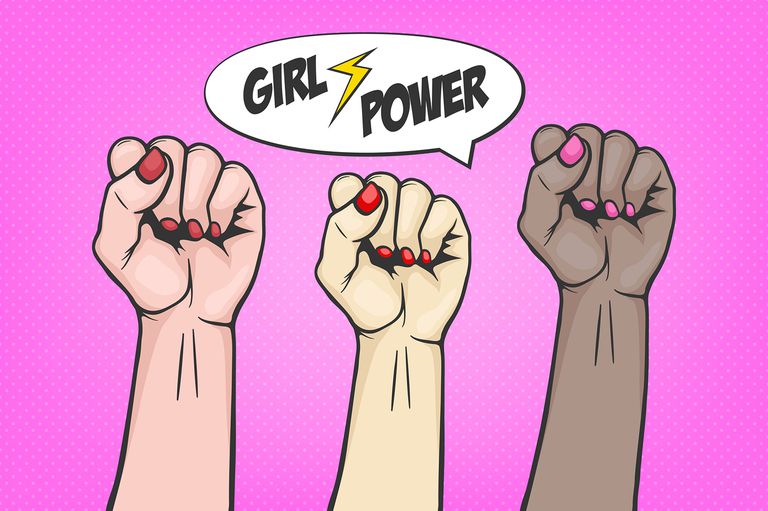Demystifying the concept of feminism in Nigeria (3): The legal perspective

By Chinagorom Ugwu
Recently, this writer started a series on feminism, examining various perspectives of the concept as it relates to Nigeria.
This edition of the series would be focusing on the legal perspective of feminism in Nigeria. You can read the first and second parts of the series here.
By law, everybody has equal authority and right. This does not mean that everybody is in equal authority and power. But everybody has the right to assume a position of authority or power. There is equality before the law in Nigeria, for instance. This means that everybody irrespective of gender has rights and authority to, for instance, vote and be voted for, live anywhere in the country, join preferred political party and contest any political position, among others.
In Nigeria’s 1999 Constitution (as amended), several sections provided equal rights and authorities for all. The Constitution usually adopts the phrases such as, “every person”, “every citizen” “every citizen” in obvious reference to both men and women, old and young.
In Section 17(2)(a), the constitution provided for equality of rights for all citizens. It reads, “Every citizen shall have equality of rights, obligations and opportunities before the law”.
Similarly, in section 35(1), the constitution also provided liberty to every person. It reads: “Every person shall be entitled to his personal liberty and no person shall be deprived of such liberty save in the following cases and in accordance with a procedure permitted by law….” The Provisions following have to do with when a person is guilty of criminal offence or medically challenged.
The constitution continued to doll out freedoms to all persons when in section 38 and 39, it provided all persons with freedom of expression, thought etc. It reads, “38(1) Every person shall be entitled to freedom of thought, conscience and religion, including freedom to change his religion or belief, and freedom (either alone or in community with others, and in public or in private) to manifest and propagate his religion or belief in worship, teaching, practice and observance; 39(1) Every person shall be entitled to freedom of expression, including freedom to hold opinions and to receive and impart ideas and information without interference”.
Furthermore, there are numerous sections providing equal rights for all genders- men and women. They are almost inexhaustible. In section 40, the constitution did not just give equal rights to free assembly, but also ensured equal rights to form or belong to any political party in Nigeria.


